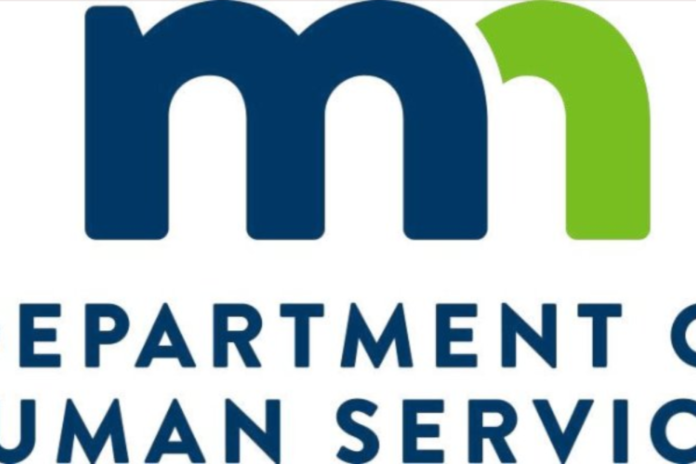In the last year, Minnesota’s Department of Human Services (DHS) repeatedly violated the law by not having the proper documentation for $52 million worth of contracts and grants with private sector vendors, Indian tribes, and other government agencies.
This included employees buying products or software without the required permission, and work that was performed by outside vendors before the contracts governing such agreements had been signed. In general, the lack of proper procedure at DHS put the state’s largest government agency at risk of overspending and abuse. The problems also speak to a general attitude of treating taxpayer monies as both limitless and expendable.
DHS officials note that backstops are in place on the payments end of things, but the work done before contracts were signed certainly lowered DHS’s ability to negotiate, and probably resulted in a less-favorable financial outcome for DHS.
Already, DHS has dealt with several high-profile mismanagement problems. First, there was mass fraud in Minnesota’s childcare benefit, a welfare program that subsidizes daycare for low income families. The official in charge of investigating this fraud didn’t do so, and for discipline received only several months of paid leave.
Then, Democrat Governor Tim Walz’s DHS commissioner, Tony Lourey, resigned after only several months on the job—and with him several high-ranking and long-serving DHS officials. Walz still hasn’t given an explanation as to why those officials resigned. Next, there were millions of dollars in wrongful payments to several Native American tribes, and to providers of mental health and substance abuse treatment. In one example, DHS paid a shocking $455 per day for patients to take pills at home, by themselves (a simple task millions of Americans do each day).
The most-recent revelation of the lack of documentation on $52 million worth of contracts and grants speaks to a broader, more fundamental, mismanagement problem at DHS that goes beyond the high-level scandals. “We shouldn’t have 200 of these [violations] sitting here at this point in the year,” said Deputy DHS Commissioner Chuck Johnson.
Legislative Auditor James Nobles said the problems at DHS “indicate a level of mismanagement and dysfunction within DHS that is extremely troubling.”
All the blame shouldn’t be placed on the DHS employees. Many contracts are for small sums, such as for a software upgrade, and DHS employees require those expenditures to do their jobs. But navigating the bureaucratic swamp to get the job done the right way “is cumbersome and time-consuming,” in the words of one DHS employee.
State Rep. Nick Zerwas, R-Elk River, along with many other Republicans, are responding to these problems by calling for a forensic audit of DHS. That seems wise. One also wonders—in the age of politicians proposing “Medicare for All,” or the expansion of other already broad-sweeping federal programs—whether there isn’t a broader lesson to be learned.
_________________________
Donations to Alpha News are 100% tax-deductible. Help us create more content and reach more people

















